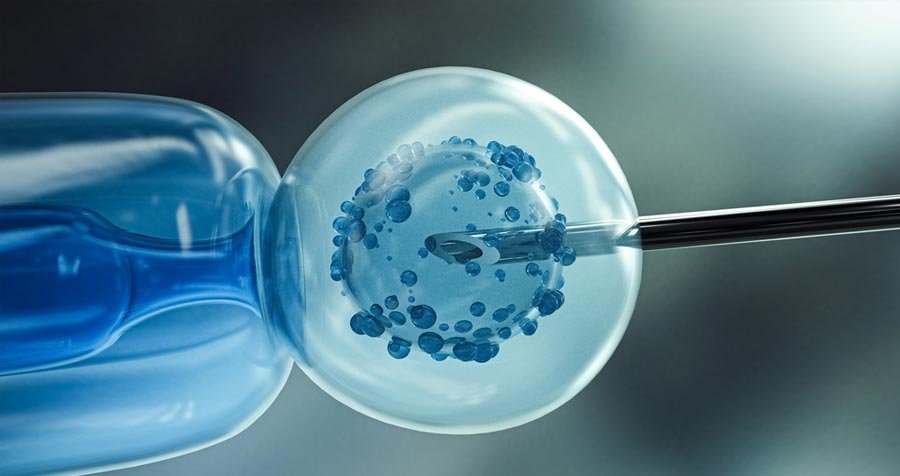Pre Implantation Genetic Diagnosis or PGD helps doctors diagnose the genetic disorders in early embryo prior to the implantation and pregnancy. This stands as one of the major steps in the process of IVF. In addition, this technology can be utilized in the field of assisted reproduction for aneuploidy screening and diagnosis of unbalanced treatment of chromosome abnormalities, such as translocations and inversions. Even families in search of a bone marrow donor may be able to use PGD to bring a child into the world by providing matching stem cells.

How do you prepare?
Egg & Sperm Preparation: The female partner undergoes ovarian stimulation to produce multiple eggs, which are then retrieved. The male partner provides a sperm sample, which is processed to select the best quality sperm for fertilization.
Embryo Biopsy & Genetic Testing: After fertilization, embryos develop for a few days. A small number of cells are then biopsied from each embryo and sent for genetic testing to detect any inherited conditions.
Embryo Selection & Transfer: Only genetically healthy embryos are selected for implantation. The selected embryo is transferred into the uterus, increasing the chances of a successful pregnancy.




